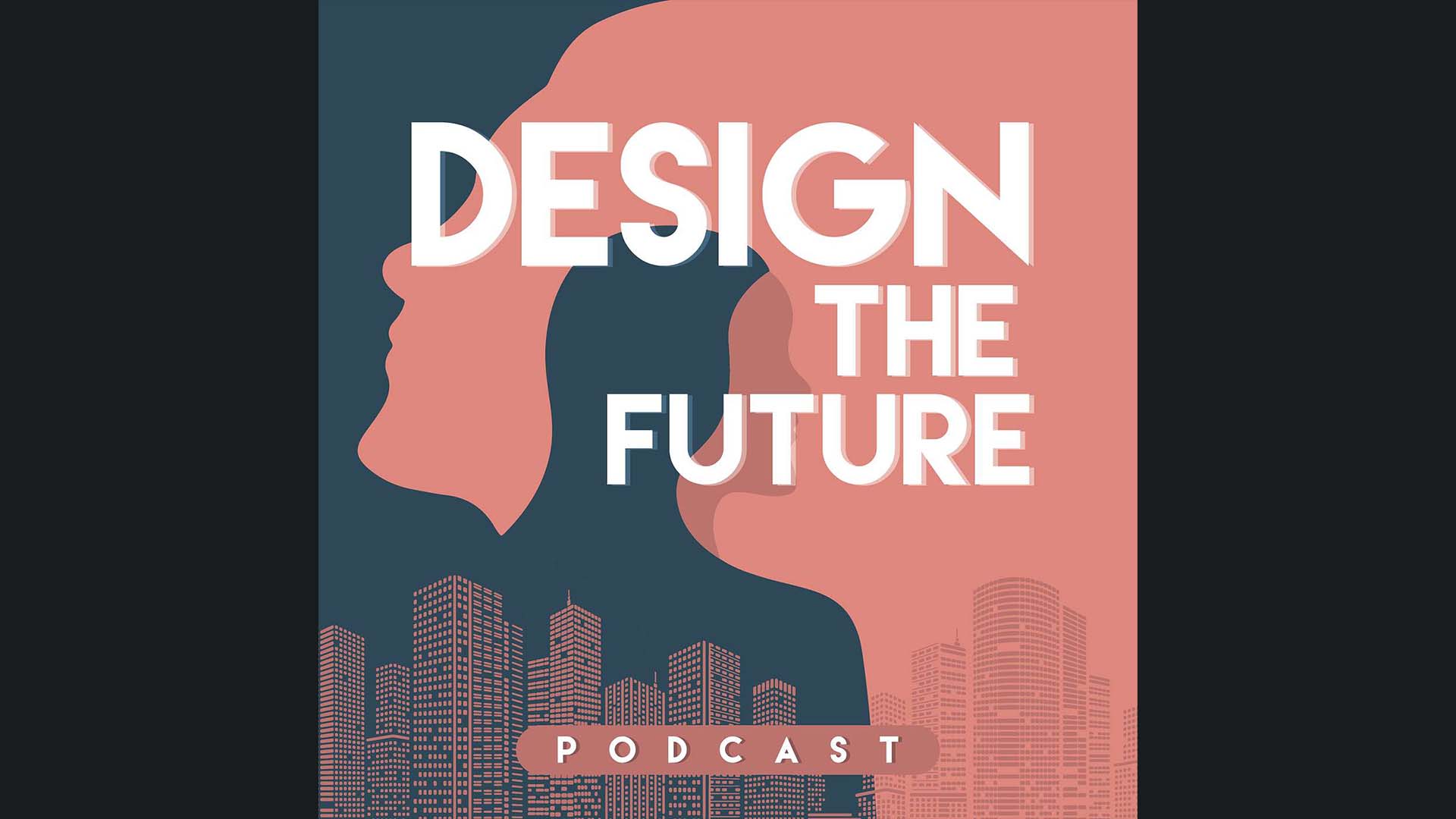Listeners:
Top listeners:
-
 play_arrow
play_arrow
The Energy MIXX - Episode 482 - Adam Ferrari - CEO Phoenix Energy The Energy Mixx
-
 play_arrow
play_arrow
Unveiling the Secrets: Cryptocurrency Unraveled The Energy Mixx
-
 play_arrow
play_arrow
From Zero to Hero: Mastering Personal Finance The Energy Mixx
-
 play_arrow
play_arrow
Demystifying Quantum Computing: A Beginner's Guide The Energy Mixx
-
 play_arrow
play_arrow
Navigating the Digital Wilderness: Cybersecurity Insights The Energy Mixx
-
 play_arrow
play_arrow
Inside the Entrepreneur's Mind: Success Strategies Unveiled The Energy Mixx


Design the Future

Women are living, learning, and leading towards a sustainable future. Their stories can help us all accelerate toward that vision in the built environment. Design the Future is a podcast created to elevate and explore the voices of women driving sustainable practices in the built environment and related fields. Lindsay Baker, a sustainability and social impact leader, and Kira Gould, a writer and communications strategist, host these conversations.
Kayleigh Houde is an Associate Principal and Global Computational Projects Lead at Buro Happold, where she is responsible for the harmonized development of new technologies within the open-source coding platform BHoM. Her leadership extends to chairing the MEP 2040 Commitment, participating in the ECHO Project and ASHRAE Center of Excellence for Building Decarbonization. She is also a lecturer at the University of Pennsylvania, where she teaches Parametric Life Cycle Assessment.
We spoke with Kayleigh soon after the MEP 2040 and Carbon Leadership Forum had released The Beginner’s Guide to MEP Embodied Carbon, a critical resource that was eagerly awaited in the community. Naturally, we spoke with her about that effort and about the broader question of why embodied carbon is important for MEP practitioners. “We have coalesced a lot of data to to bridge gaps for the MEP disciplines and provide clarity about the MEP impact,” she says.
Kayleigh’s technical leadership is paralleled by her deep commitment to collaboration across disciplines, evidenced in many ways, including her work on the ECHO effort to harmonize data across disciplines and certification programs.
“Computers aren’t the thing,” Kayleigh says of the potential of computation in climate work and the built environment. “They are the thing that gets you to the thing. Really, what computations helps you to solve are some of issues that we have in human collaboration. Sometimes we think we’re connecting but we are not really speaking the same language. Getting people to talk and collaborate is a big part of the solution in the computational work.”

Search
Blog News
- Agriculture
- Australia
- Business
- Canada
- Climate Change
- Desalination
- Economics
- Energy
- Engineering
- Farming
- Health & Wellness
- Hydrogen
- India
- International
- Investing
- Lifestyle
- Marketing
- Mergers and Acquisitions
- Nuclear Energy
- Oil and Gas
- Private Equity
- Real Estate
- Solar and Wind
- Startups
- Stock Market
- Sustainability
- Tech
- Venture Capital
- Water
Premium Podcasts
Support the podcast you love and get even more in return! Subscribers get exclusive episodes, early access to new content, bonus interviews, and an ad-free listening experience — all for a small fee. Your support helps us create even better shows and keeps the community thriving.
Popular Links

Submitting your podcast to our website gives you greater exposure, connects you with a wider audience, and helps grow your show’s reach and impact.
Be part of a trusted network that values quality content.
Copyright Energy Network Media Group 2024-2025

